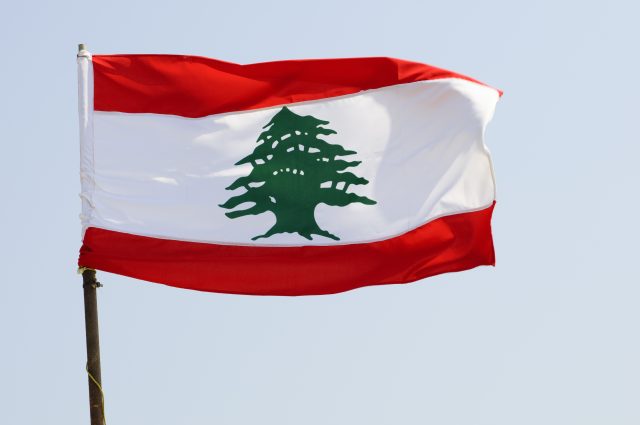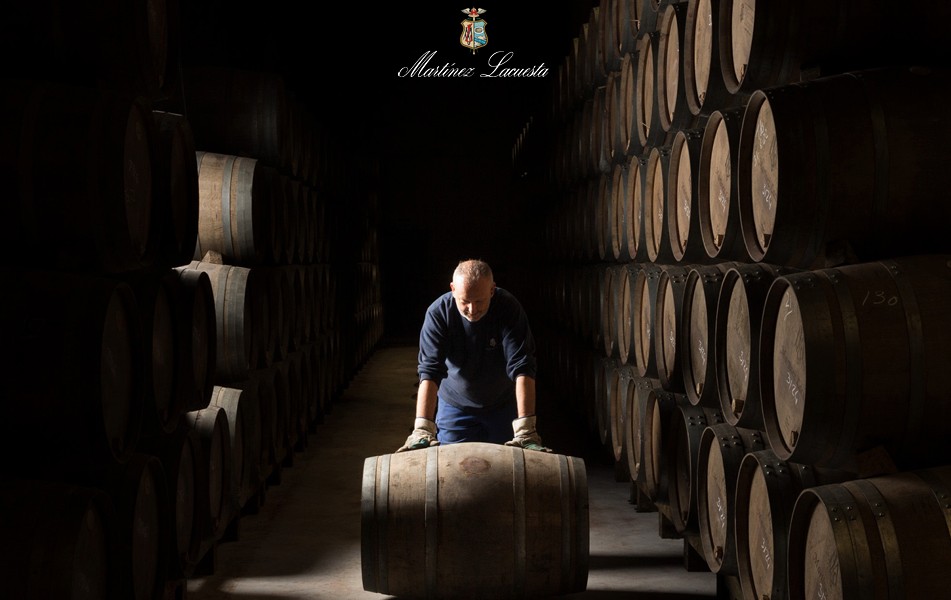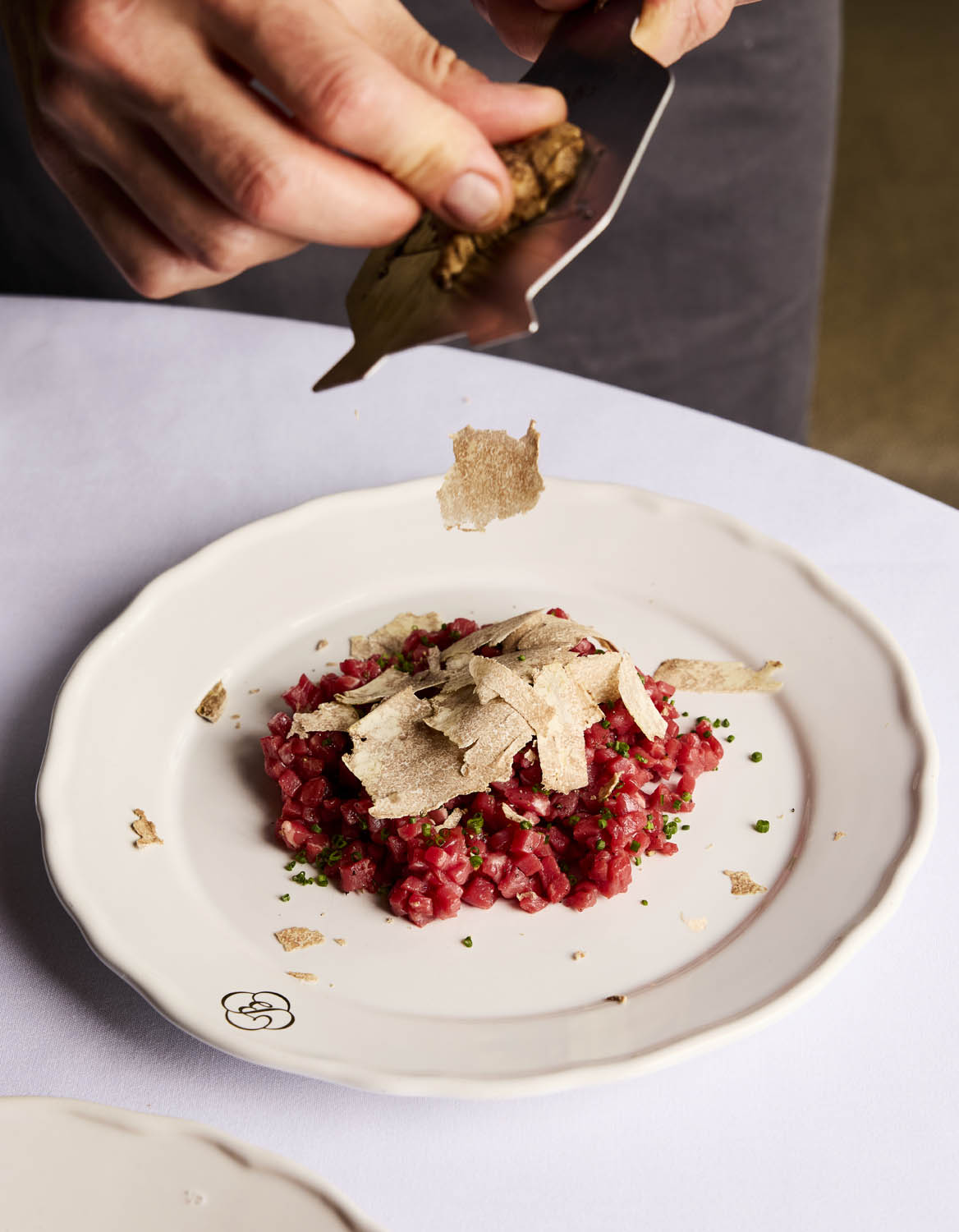Why one of Lebanon’s biggest wineries has switched to solar power
Domaine des Tourelles has announced that it has fully converted its Beqaa Valley winery to solar power, a move necessitated not just by environmental reasons. Louis Thomas reports.

Lebanon’s first commercial winery, Domaine des Tourelles was founded by Frenchman François-Eugène Brun in 1868. Today, it is owned and operated by the Issa and Issa el Khoury families, and produces around 800,000 bottles a year.
Now, more than 150 years after its foundation, the historic producer has converted to 100% solar power in time for the 2024 harvest.
Faouzi Issa, winemaker and managing director of the winery, revealed that the investment cost a total of US$150,000, and would save around US$50,000 in energy bills per year, “so we will see a return on our investment in three years”. He shared that the “winemaking process” requires the most electricity, with refrigeration and the operation of the presses being especially energy consuming.
“We are no longer dependent on the flow of fuel into the country – we now depend on the sun which is abundant throughout the year in the Beqaa Valley,” Issa shared. The Beqaa Valley receives around 300 days of sunshine per year.
Beyond the obvious environmental benefits, Lebanon’s current crisis has also encouraged the shift towards renewable energy.
“In Lebanon we don’t have a 24/7 supply of electricity so everyone relies on generators to fill the gaps in supply. These are very costly for us to maintain – and very polluting – so we really needed to find an alternative solution.”
The Levantine nation has been thrown into turmoil by a series of disasters.
“The liquidity crisis is just one of many Lebanon has experienced over the last few years alone. When the economic crisis first hit in 2019, this paralysed the country and our currency lost 90% of its value. This in turn meant that our bank accounts were locked and our dollars were held in the bank, and we could only withdraw them in Lebanese currency – meaning that we lost 90% of its value.”
Lebanon’s misfortunes did not stop there.
Partner Content
“Then, like everyone, we were hit by Covid, but, unlike many other countries, we had no state intervention to support businesses, nor the healthcare infrastructure to manage the crisis. Then we had the explosion in the port of Beirut in 2020 which was a major shock to our country and economy. Now we have war on our doorstep. So life is never easy and we face different challenges all the time – being able to be self-sufficient in terms of power is a major step forward for us.”
According to a Human Rights Watch report into the electricity crisis, the cost of electricity, gas and water inflated to almost 600% in June 2022 – long-term mismanagement and corruption within state-run energy provider Électricité du Liban has also been cited as a factor that has gravely worsened the situation.
Ongoing crisis
It isn’t just a lack of power that has posed problems for Domaine des Tourelles.
“One of the biggest issues for us is logistics – the cost of shipping has increased due to high insurance costs in the region implemented by international carriers,” Issa revealed. “We also rely heavily on imports as a country, and also as an industry. We have to import bottles, corks, equipment meaning that with our currency devaluation, this has become extremely expensive for us.”
“The crisis can’t be positive for any business,” he lamented. “In Lebanon our local market relies on tourism but this year we have suffered a dramatic drop in tourists this year due to the situation in the region.”
“We have worked very hard to build up our presence on export markets, investing each year by visiting customers, hosting tastings, hosting customers in Lebanon, when we can, and this is paying off for us in such uncertain times. Revenues from export markets are what is helping us building a solid business,” Issa added.
Around 60% of Domaine des Tourelles’ production is exported, with the top three international markets being the UK, Norway and Sweden.
In spite of these silver linings, Issa is not optimistic that the situation will improve soon. Lebanon has been without a President since October 2022, with Prime Minster (and the country’s richest man) Najib Mikati effectively taking on the responsibility.
Issa said that his country’s government was effectively “powerless” at present, and that the conflicts engulfing the Middle East, including Israel’s war against Palestine, have put Lebanon under immense strain: “We have a huge amount of refugees in the country affecting all of our infrastructure – Lebanon is thought to have at least 1.5 million refugees in a country of 4 million. All we want is for war to stop in the region, stability and safety to return, and new, young blood should take over the government – then we can talk about change or action.”
Related news
Middle Eastern cider, perry and mead market set to grow




